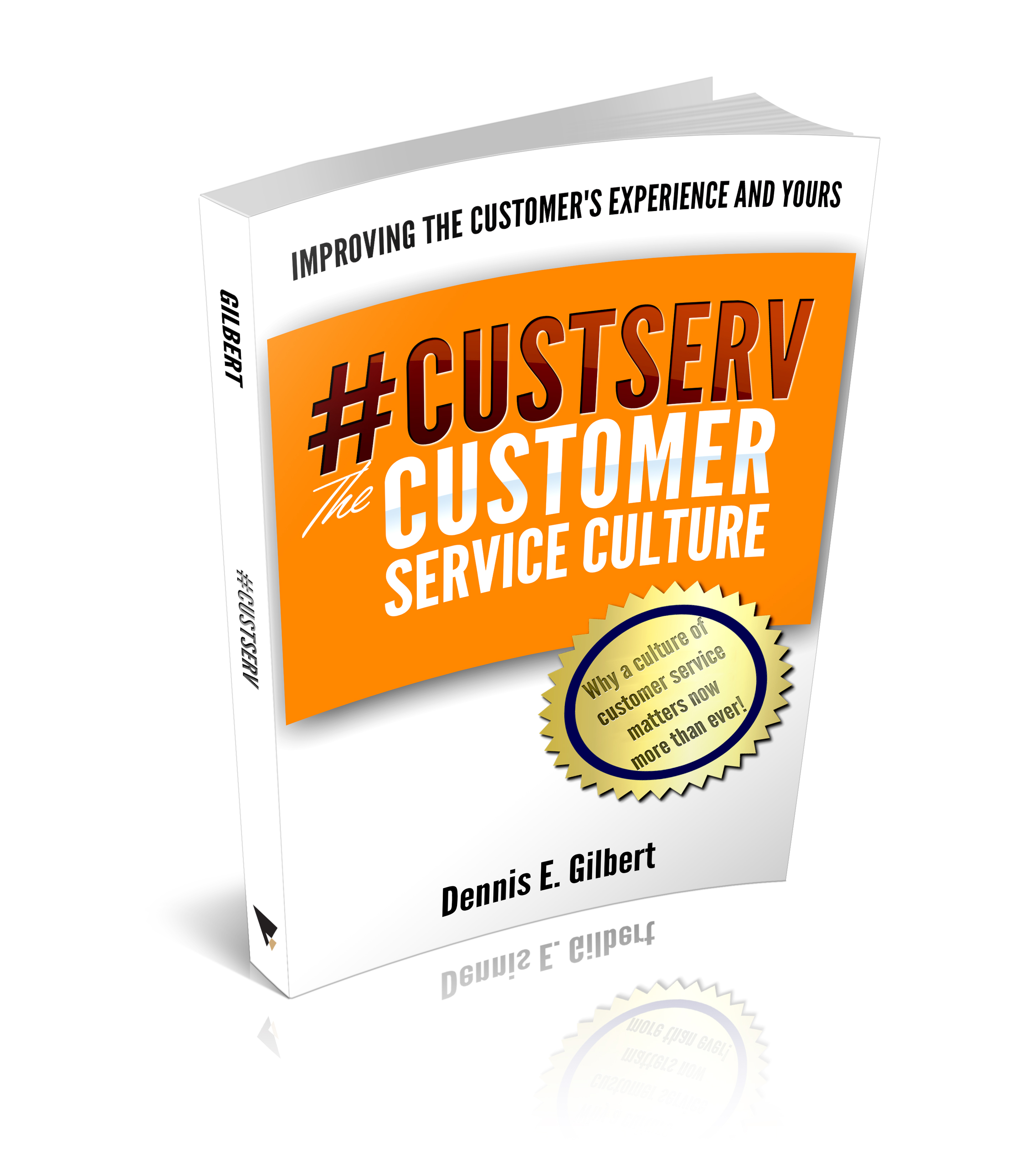How To Become More Visible
Frustrated because you feel overlooked? Disappointed because your ideas are not heard or respected? You might need to become more visible.
Your job is important to you and so is your career. It’s not uncommon that people express to me their frustration with visibility. Sometimes there are simple fixes, here are five tips.
- Volunteer for projects. When new projects or challenges come to the surface volunteer to take the lead. Keep in mind you can’t volunteer for everything and make sure you can commit yourself to doing a great job. Volunteering for a new assignment during a meeting gives you exposure for about 3 minutes, what you do next (later) is most important.
- Contribute during meetings. People can easily forget you are there. Participants become focused on those who are speaking or interacting, especially when you have something valuable to offer. Many people use meetings as an opportunity to point out problems, talk more about possible solutions.
- Ask more questions. Questions that we ask often drive focus. Whether this is during a meeting or one-on-one conversations, ask more questions. Many times we want to express our opinion and a great way to humbly contribute a point is to do it phrased as a question.
- Show passion. We’ve probably all heard about leaving emotions out of the workplace. While most of us get the point, we also have to consider that emotions drive our passion. Get excited about changes, show enthusiasm for different options, and be willing to get involved.
- Dress well. You know the dress for success story and it is not a fable. You should always strive to look your best. Some might argue that dressing differently (odd or strange) attracts attention but you don’t need any negativity from others throwing off your desire to be more successful. In business, dress for business.
Consider these five tips a start.
What about things you shouldn’t do? Here are several:
- Avoid gossip. It may give you some attention, but it is the wrong kind of visibility. Gossip is flip-flops at the board meeting. Don’t do it.
- Don’t wait for an invitation. You might need an invitation for the meeting, but your opinion won’t always be asked for. Once on the roster don’t be shy about participating.
- Don’t blend in. If you are new to the meeting or a group it might be wise to get a feel for how to interact or to understand the flow, but long-term blending in will leave you out.
Visibility is much more of a process rather than a product. Similar to reputation, credibility, and respect it needs to be built.
Think: Can you see me now?
– DEG
Dennis E. Gilbert is a business consultant, speaker (CSPTM), and corporate trainer that specializes in helping businesses and individuals accelerate their leadership, their team, and their success. He is a four-time author and some of his work includes, Forgotten Respect, Navigating A Multigenerational Workforce and Pivot and Accelerate, The Next Move Is Yours! Reach him through his website at Dennis-Gilbert.com or by calling +1 646.546.5553.



















